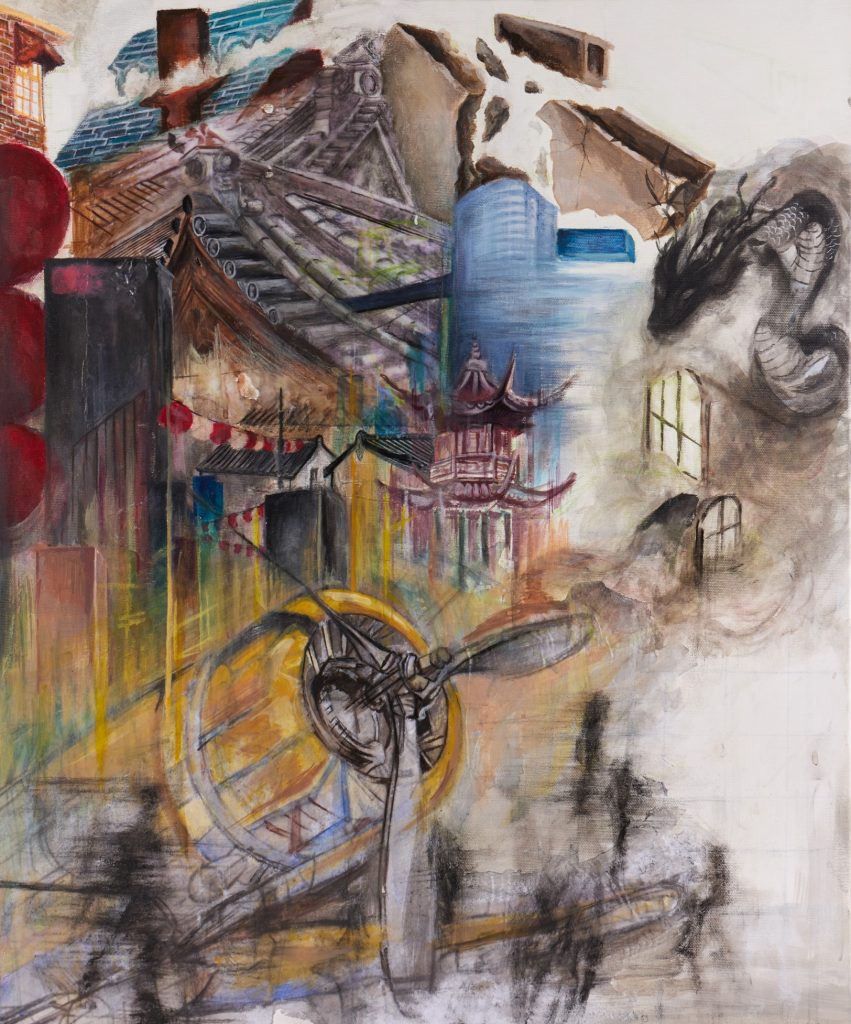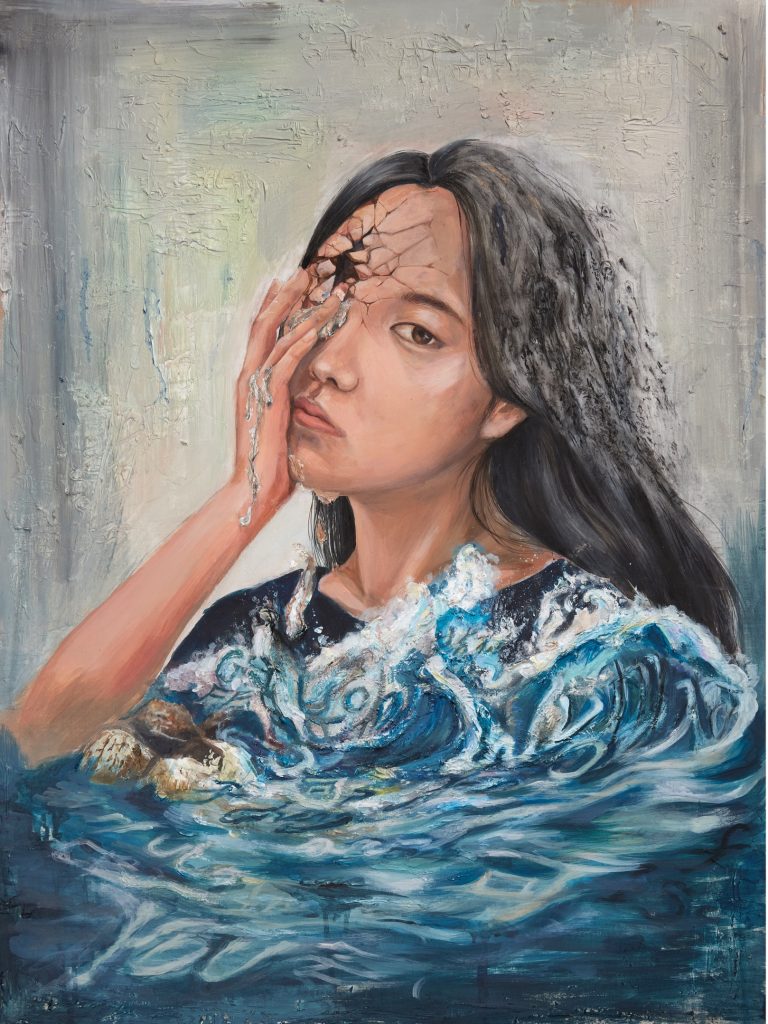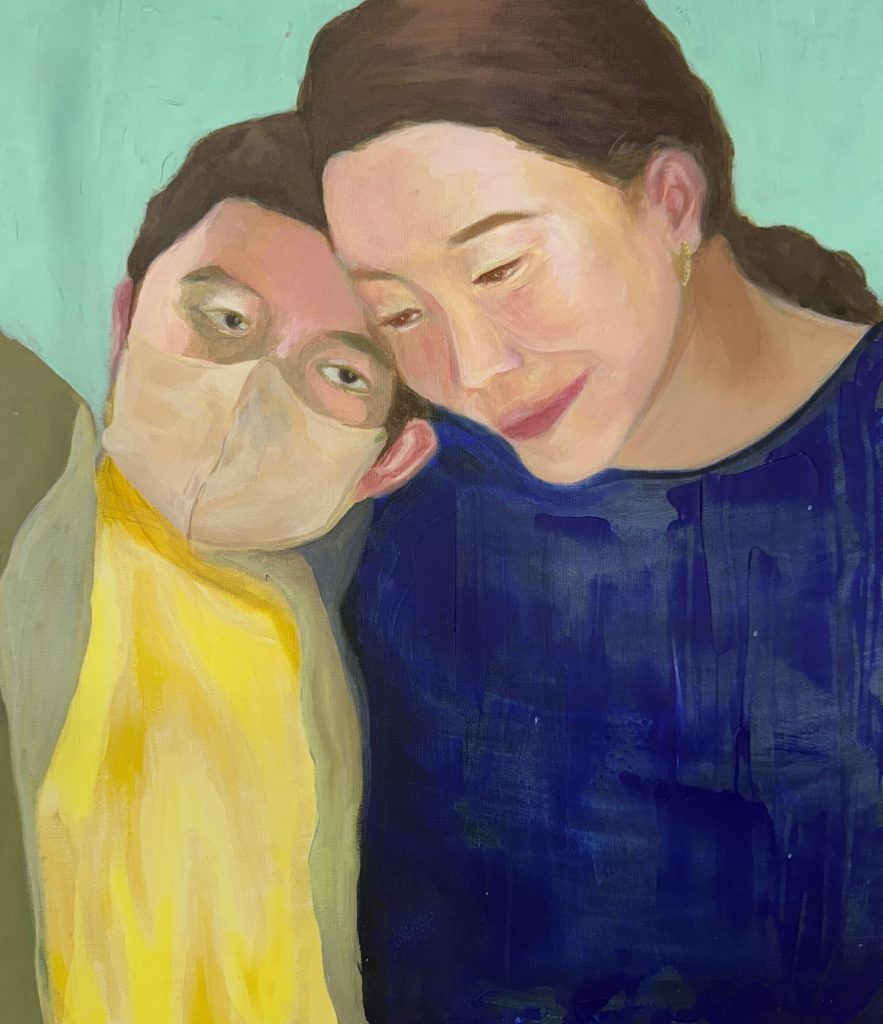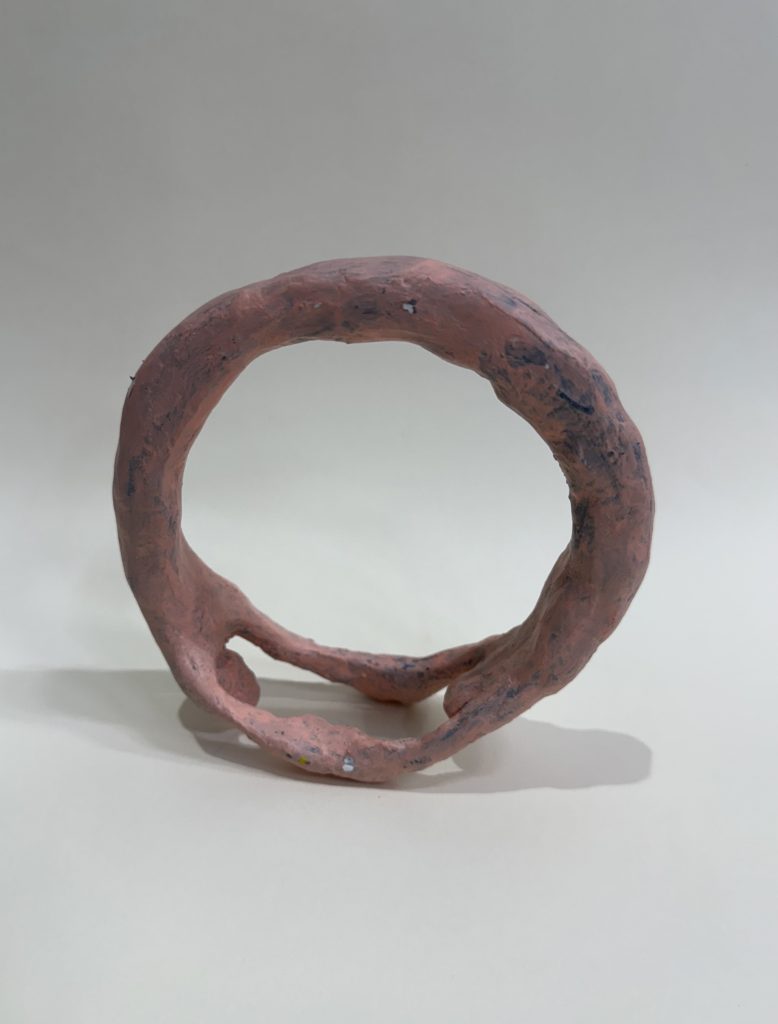More than Enough
Take it out
and spin it in your hand
as if that is what
it was always meant to do.
These are the moments that see us
undeniably under,
promising things physically impossible
to come through with.
But still,
it’s the hope
that proceeds everything,
and most days,
that’s more than enough.
The Interim
A rock embedded in the wall
near the bottom of a canyon
knows nothing of the constant pressure,
the massive force under which it operates,
because that’s all it’s known
since before history,
or somewhere thereabouts.
You see, it’s all about perspective,
stretching that timeline to the
far reaches of our collective imagination,
neverminding the present troubles,
or at least shrinking them
to their true infinitesimal form.
But it’s so hard to practice this zen
when every horizon
illuminates the suffering of
everyone
who could be anyone
who could be you.
On a long enough timeline,
everyone’s survival rate
drops to zero,
but what we do in the spaces
between where the string is cut
is what matters,
whether we choose to
plant
or paint
or burn.
Consequences
Mom told me
if I messed with raw meat,
especially raw birds,
I’d get sick and die.
It was a practical warning,
since we lived out in the woods;
feral cats
and coyotes
and stray dogs
always leaving half-eaten presents
that she didn’t want me covered in,
because who knew when
the well would run dry,
and a drive to town
just for a shower at the Y
was always such a hassle.
So, defiantly standing in that trailer
in 198-whatever,
I laid a palm flat on the
package of uncooked chicken.
It was still frozen,
so cold, it didn’t take long
for my hand to begin to hurt.
I pulled it away,
and rubbing it, thought:
If I die, I’ll be in so much trouble.
Weather Report
She stands under a rotting eve,
waiting for the
storm to pass.
This has been going on
longer than she can remember;
seeking questionable shelter
from a life that
continuously dumps.
Regardless of her
ample experience,
she always finds herself
soaked in some way.
But right now,
as nothing physical but sunshine
threatens her day,
she hides,
because everything is a storm
when she refuses to see
anything else.
Trees flutter in the breeze,
no cars pass to thicken the air;
it’s all a reflection of
someone else’s ideal.
There’s little but desolation behind her,
and all she can see ahead
is the unveiled threats
of an uncaring world.
A cloud purer than watercolor
passes overhead,
but all she can envision
is the coming torrent.
She stands under a rotting eve,
waiting for the storm to pass,
but it never does.
Sunrise
We admit that we see things
only from forgotten corners;
a less than desirable perspective,
but it’s the one we’ve got,
flowering from a slant view,
we see little but refractions,
and we use those to create
our own infractions,
pulverizing the semblance
of community,
terrorizing any sense of
coming to balance.
Last night,
tonight,
tomorrow;
it all blends into a blandness
felt by all,
but acknowledged by none.
So we see these things
only from forgotten corners,
but sometimes
we can look to and from afar,
and can almost make out
a new horizon.
James Benger is the author of several books of poetry and prose. He serves on the Board of Directors of the Writers Place, and the Riverfront Readings Committee, and is the founder of the 365 Poems in 365 Days online workshop. He lives in Kansas City with his wife and children.









